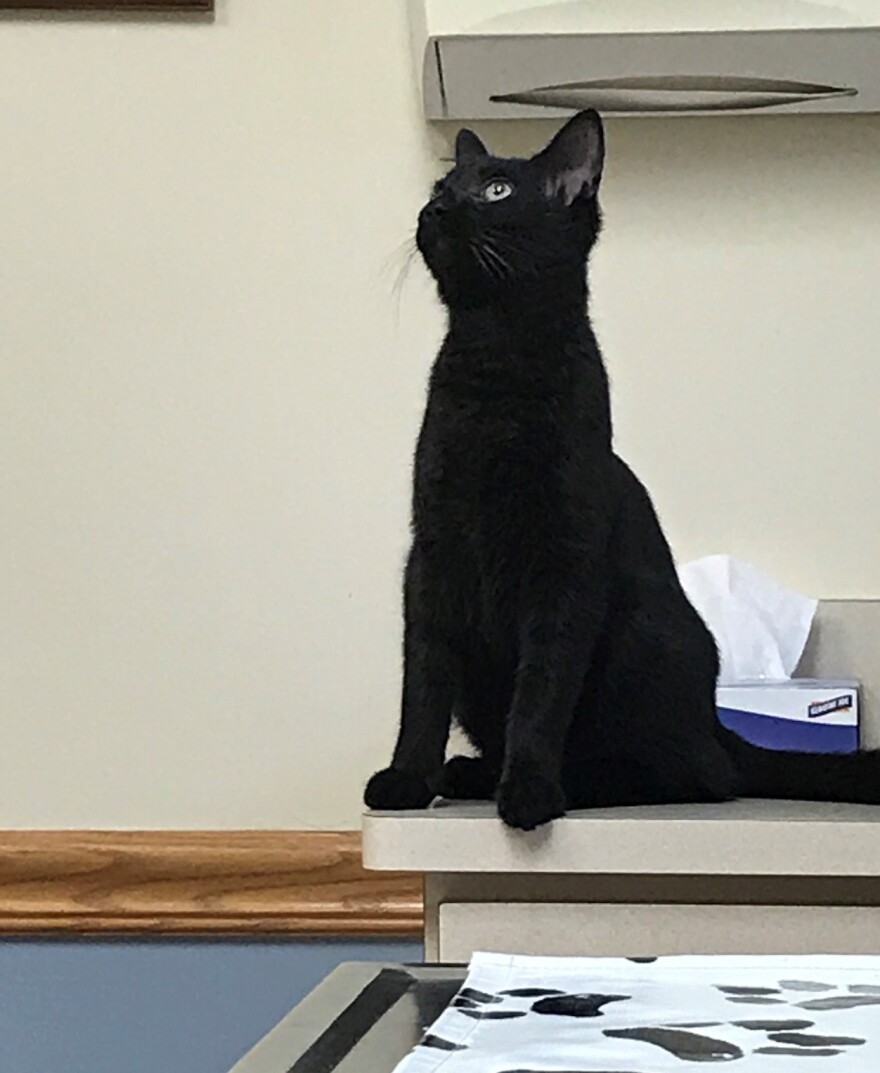Recently we spent hours at the local emergency vet clinic. A vet tech said she left on Christmas Eve, depressed, partly worried about our dog because he’d won her heart. We told the vet to see what she found when she opened our dog.

We didn’t know Christmas morning whether he would be alive or dead. When we spoke, she didn’t know if she’d made the right choice--giving him a chance, or not. (She made the right choice. Our dog came back.)
These decisions can bear down on veterinarians something awful. Putting animals out of their misery, over and over can make taking one’s own life seem reasonable. The Center for Disease Control conducted a study that said, “Between 1979 and 2015, male and female veterinarians committed suicide between 2 to 3.5 times more often than the national average, respectively.” One of the very few people I know personally who committed suicide was a veterinarian.
A recent Washington Post article cited the financial burdens laid on veterinarians’ shoulders along with long hours for relatively low pay, as another stressor. Clients who take to social media to badmouth their veterinarian can drive that person to suicide.

Please consider this before you badmouth your vet to your friends or on social media. Veterinary medicine is not an exact science. Veterinarians are imperfect humans like the rest of us.
I’m Katie Andraski, with thanks to Ginny Aulik, for bringing this to my attention, and that’s my perspective.



